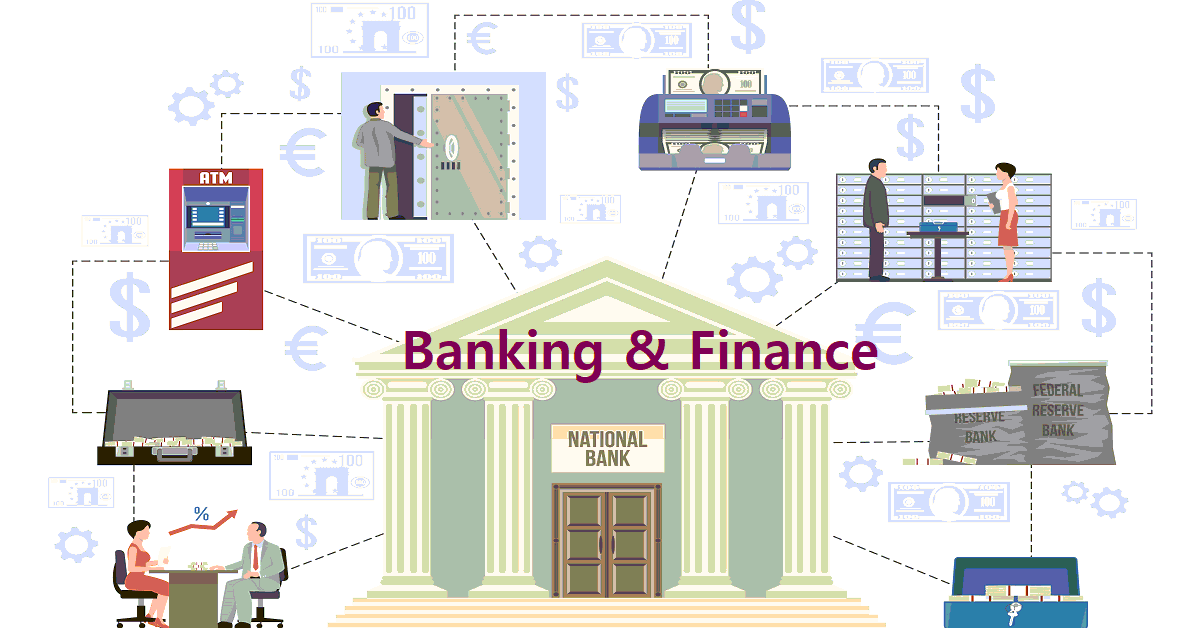
The rapid advancement of technology has transformed the way we live and conduct business. One of the most significant changes has been the introduction and rapid growth of internet banking. Internet banking, also known as online banking, digital banking, and e-banking, refers to the delivery of banking services and financial transactions over the internet. This article will examine the role of internet banking in society, exploring its benefits and challenges, impact on the economy, latest trends, and future prospects.
Definition of Internet Banking and its History
Internet banking refers to the delivery of banking services and financial transactions over the internet. This includes a wide range of activities, such as checking account balances, paying bills, transferring funds, and applying for loans. The first internet banking services were introduced in the early 1980s, but it was not until the late 1990s that they became widely available. Over the past two decades, internet banking has grown rapidly and is now a critical component of the financial services industry.
Benefits and Challenges of Internet Banking
One of the primary benefits of internet banking is convenience. Customers can access their accounts and perform financial transactions from anywhere, at any time, using a computer or mobile device. This allows them to manage their finances more easily and efficiently. Additionally, internet banking often offers a wider range of services and more competitive interest rates than traditional banking methods.
However, internet banking also presents a number of challenges. One of the biggest concerns is security. Because financial transactions are conducted online, there is a risk of fraud and identity theft. To mitigate this risk, it is important for banks to implement strong security measures, such as encryption and two-factor authentication.
Another challenge is the risk of system failures or technical glitches. This can cause disruption to service and cause inconvenience for customers. In addition, some customers may still prefer traditional banking methods and feel more comfortable conducting transactions in person.
Impact of Internet Banking on Society and the Economy
The growth of internet banking has had a significant impact on both society and the economy. On a societal level, it has increased financial inclusion by making banking services more accessible to a wider range of people, including those in remote or rural areas. This has helped to promote financial literacy and has given people greater control over their finances.
From an economic perspective, internet banking has increased competition in the financial services sector and has helped to drive down costs for customers. It has also helped to spur innovation and has led to the development of new financial technologies and services.
Trends and Future Developments in Internet Banking
The growth of internet banking shows no signs of slowing down. In fact, the trend is towards increasing adoption and usage. One of the key trends is the shift towards mobile banking. Customers are increasingly using their smartphones and other mobile devices to access their banking services, and banks are responding by investing in mobile-friendly platforms.
Another trend is the integration of financial technology (fintech) into internet banking. This includes the use of artificial intelligence, blockchain, and other innovative technologies to improve the customer experience and offer new financial services.
Comparison with Traditional Banking Methods
While internet banking has grown rapidly, traditional banking methods, such as visiting a branch or using an ATM, still play an important role in the financial services industry. However, there are some key differences between these two approaches. Internet banking is generally more convenient and offers a wider range of services. However, traditional banking methods offer the advantage of face-to-face interaction with bank staff and a more personal relationship with the bank.
Regulation and Security Issues
The growth of internet banking has raised a number of regulatory and security issues. To address these concerns, financial institutions have implemented a range of security measures such as SSL encryption, two-factor authentication, and secure login procedures. These measures ensure that the sensitive financial information of customers is protected from cybercrime and fraud.
However, it is important for customers to also play their part in ensuring their safety when using internet banking. This includes being vigilant when entering personal information online, regularly checking their bank accounts for suspicious activity, and being cautious of phishing scams and other types of fraud.
Best Practices for Safe Usage of Internet Banking
To ensure the safe usage of internet banking, customers can follow some best practices:
- Use a strong and unique password that is not easily guessable and change it regularly.
- Enable two-factor authentication for added security.
- Only access internet banking through a secure connection, such as an encrypted website or a virtual private network (VPN).
- Regularly check bank account statements for any suspicious activity and report it immediately to the bank.
- Be cautious of phishing scams and unsolicited emails or messages asking for personal or financial information.
- Avoid using public Wi-Fi networks for sensitive transactions, such as accessing internet banking.
- Keep anti-virus software and firewalls updated to protect against cyberattacks.
By following these best practices, customers can ensure the safe and secure usage of internet banking, and enjoy its many benefits.
Conclusion
In conclusion, internet banking has transformed the financial industry and has revolutionized the way we manage our finances. Its convenience, accessibility, and cost-effectiveness have made it a popular choice among customers, and its continued growth and development are poised to bring even more benefits to society. However, it is important to be aware of the potential challenges and risks associated with internet banking, and to take the necessary steps to ensure its safe usage. Through continued innovation, collaboration between financial institutions and customers, and effective regulation, the future of internet banking looks bright, and its role in society is sure to become even more important in the years to come.
Banking and Finance

